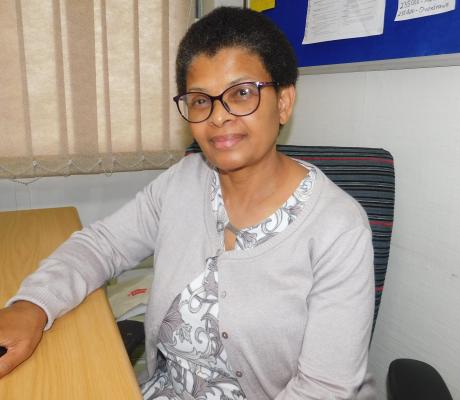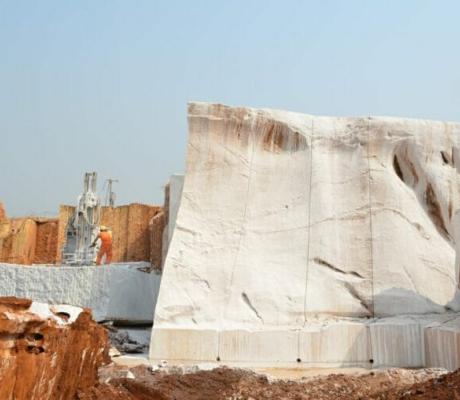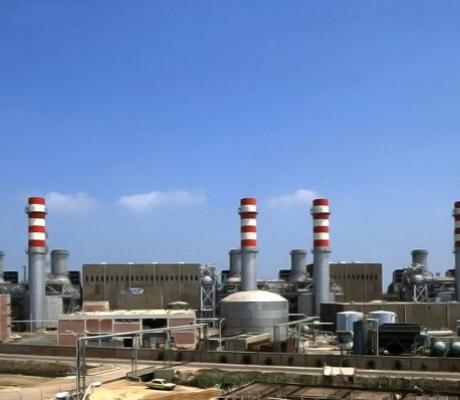On what grounds were the allegations against the head of the African Development Bank (AfDB) dismissed? A look at on the audit conducted by the bank’s Ethics Committee.
Deemed “baseless”, “unsubstantiated” or “unproven”, the allegations made by a group of employees of the African Development Bank (AfDB) against the institution’s president, Akinwumi Adesina, have been dismissed in their entirety by the bank’s Ethics Committee.
After convening five meetings between 27 February and 9 April, Ethics Committee Chairman Takuji Yano, a Japanese national, produced an eight-page report on 26 April. The document brought to the attention of the bank’s Board of Governors on 5 May, concludes that the complaint received on 19 January “was not based on any objective and solid fact”.
The Ethics Committee chairman explains that he reached this conclusion “with the help of information verbally communicated to the committee by the director of the Office of Integrity and Anti-Corruption (PIAC) and by the bank’s auditor general during committee meetings held on 26 March and 2 April 2020”.
Yano criticises the whistle-blowers for not having provided any supporting evidence for their claims. When they were asked to do so, they “declined on the grounds that they wished to conserve their anonymity”, the chairman writes in the report.
‘Hidden motives’
On 8 April, Adesina produced an exhaustive memorandum to fend off the serious allegations brought against him.
In the 260-page document, the AfDB’s president roundly condemns the methods used by the whistle-blowers. In his view, their complaint “is gratuitous and not based on any objective and proven facts, and should be dismissed by the committee”.
Adesina adds: “The purpose of the complaint is not to report fraud, corruption or other acts of misconduct. Quite the contrary, it has other, hidden motives. The idea that other people are acting in concert with the whistle-blowers is not pure speculation.” Although he refrains from explicitly naming him in the document, those close to Adesina have been pointing to J. Steven Dowd, the bank’s United States director, for several weeks.
The memorandum drawn up by the AfDB’s president revisits most of the allegations brought against him, including those relating to the two awards he received between 2017 and 2019, the World Food Prize and the Sunhak Peace Prize.
The whistle-blowers criticised him for not having given the prize money ($750,000) to the bank, as the bank had covered both his travel expenses and those of the large delegation that accompanied him.
Adesina maintains that he “donated the money from the two awards to help create the World Hunger Fighters Foundation” and that “the president’s children and their spouses in attendance at the events paid their own way, rather than the bank”. Lastly, he explains that “AfDB staff did not attend these events because the president was the recipient of the World Food Prize, but because the bank was promoting the launch of its Technologies for African Agricultural Transformation (TAAT) programme during these events”.
Purported ‘brother-in-law’
Adesina also brings up the controversy over Martin Fregene, maintaining that the employee, hired in May 2017, i.e., barely two years after the Nigerian was elected to head the AfDB, is not his brother-in-law, contrary to the assertion of the whistle-blowers.
Appointed Advisor to the Vice President of Agriculture, Human and Social Development, Fregene was promoted Director of the Department of Agriculture and Agro-Industry only seven months later, while his predecessor was still serving as director.
An audit report dated November 2019 indicated that the promotion did not comply with internal rules and that it resulted in the AfDB paying two salaries for the same post.
“His predecessor had given notice and was entitled to a month of holiday pay. To ensure the continuity of the post, Mr Fregene began working the moment his predecessor ceased performing the duties of his office”, Adesina explains in the memorandum.
Threats of legal action against the AfDB
Regarding the TAAT initiative, a funding programme for Africa’s agricultural sector, Adesina discusses at length the payment, which the whistle-blowers consider to be suspicious, of a negotiated contract of over $5m inked with Syngenta, a Swiss seed company.
Although the conditions under which the contract was awarded did in fact violate the terms of the agreement signed by the AfDB and TAAT, the Nigerian bank boss claims that the primary purpose of his intervention was to protect the bank’s reputation, as it had received threats of legal action, and to ensure both the quality of the project and future compliance with contractual rules.
“As president, [it is incumbent on me] to make sure that sound decisions in the bank’s best interest are being taken in order to protect the bank’s reputation and ensure that it isn’t at risk of legal action which could harm its reputation and jeopardise its privileges and immunities”, Adesina writes in the memorandum.
First victory
Concerning the possible “favouritism” Nigerians have supposedly benefitted from under Adesina’s presidency, the Ethics Committee itself backed Adesina, noting that two other countries, one African and the other “non-regional”, each have “more officials at the bank than Nigeria does”.
“The whistle-blowers were wrong to attribute the bank’s current organisational structure to the president, as the Board of Directors carried out its statutory role of approving appointed officials”, Adesina said.
Several sources close to the whistle-blowers openly expressed their disappointment. “The Ethics Committee didn’t conduct an investigation despite the fact that the complaint was seeking just that. It would have been very straightforward for the committee to obtain evidence supporting these allegations from the bank’s various departments”, one such source said.
Exonerated by the Ethics Committee, the AfDB’s president has won his first victory.
However, he is not out of the woods yet. The bank’s governors must now decide whether to close the case or to conduct a new investigation. Kaba Nialé, Ivorian Minister of Planning and Development and Chair of the Board of Governors, has proposed “adopting the conclusions of the investigation by declaring that the president is totally exonerated of all allegations made against him”.
Source: theafricareport.com






